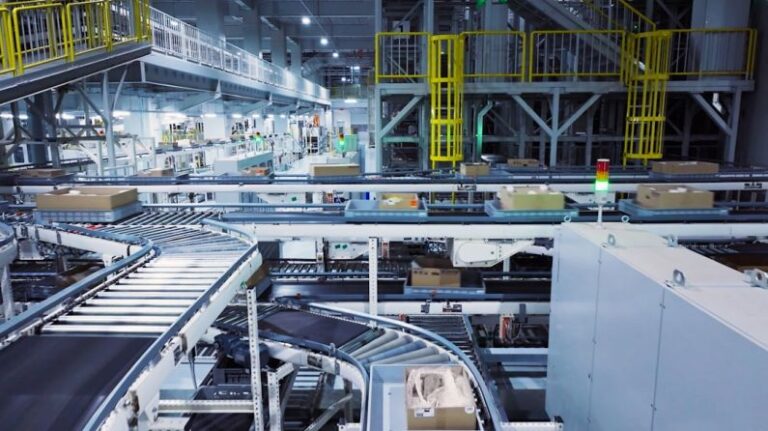Leveraging Data Analytics for Better Logistics Decisions
In today’s fast-paced and highly competitive business landscape, logistics plays a crucial role in ensuring the smooth flow of goods and services from point A to point B. With the rapid advancements in technology, companies are increasingly turning to data analytics to gain valuable insights that can help optimize their logistics operations. Leveraging data analytics has emerged as a game-changer, allowing organizations to make more informed decisions, streamline processes, reduce costs, and enhance overall efficiency.
Unlocking Operational Efficiencies
Data analytics enables logistics companies to gather, analyze, and interpret vast amounts of data to gain a deeper understanding of their operations. By harnessing the power of data, organizations can identify inefficiencies, bottlenecks, and areas for improvement within their supply chain. Through real-time monitoring and predictive analytics, companies can proactively address issues before they escalate, leading to smoother operations and improved customer satisfaction.
Optimizing Route Planning and Fleet Management
One of the key areas where data analytics can drive significant improvements is in route planning and fleet management. By analyzing historical data, traffic patterns, weather conditions, and other relevant factors, logistics companies can optimize delivery routes to minimize fuel consumption, reduce travel times, and enhance overall efficiency. Real-time data analytics can also help fleet managers track vehicle locations, monitor driver behavior, and make adjustments on the fly to ensure timely deliveries.
Enhancing Demand Forecasting and Inventory Management
Accurate demand forecasting is essential for maintaining optimal inventory levels and preventing stockouts or excess inventory. Data analytics empowers logistics companies to analyze historical sales data, market trends, and consumer behavior to predict future demand more accurately. By leveraging advanced forecasting models and algorithms, organizations can optimize inventory levels, reduce carrying costs, and improve order fulfillment rates.
Improving Customer Service and Satisfaction
In today’s digital age, customers expect fast, reliable, and transparent delivery services. Data analytics enables logistics companies to track shipments in real-time, provide accurate delivery estimates, and proactively communicate with customers about any potential delays or issues. By leveraging data analytics to enhance visibility and transparency throughout the supply chain, organizations can improve customer service, build trust, and drive customer satisfaction.
Mitigating Risks and Enhancing Security
Logistics operations are inherently exposed to various risks, including theft, damage, delays, and natural disasters. Data analytics can help logistics companies identify potential risks, assess vulnerabilities, and implement proactive measures to mitigate these risks. By analyzing historical data and monitoring real-time events, organizations can enhance security measures, improve risk management strategies, and ensure the safety and integrity of their supply chain operations.
Driving Continuous Improvement and Innovation
In today’s dynamic business environment, continuous improvement and innovation are essential for staying ahead of the competition. Data analytics provides valuable insights that can drive innovation, optimize processes, and identify new opportunities for growth. By fostering a data-driven culture and investing in advanced analytics tools, logistics companies can drive continuous improvement, enhance decision-making processes, and unlock new possibilities for innovation and growth.
Empowering Data-Driven Decision-Making
In conclusion, leveraging data analytics is essential for making better logistics decisions in today’s complex and fast-paced business world. By harnessing the power of data, organizations can unlock operational efficiencies, optimize route planning and fleet management, enhance demand forecasting, improve customer service, mitigate risks, and drive continuous improvement and innovation. With data analytics at the core of their operations, logistics companies can make more informed decisions, drive strategic initiatives, and achieve sustainable growth in an increasingly competitive marketplace.






